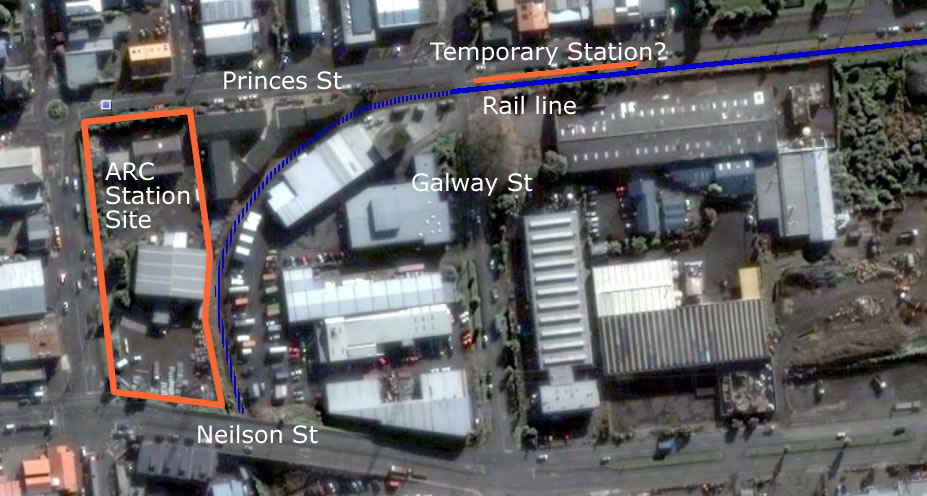During Question Time in Parliament last week, it sounded like the Government accepted that it had a problem it should be dealing with.
Gareth Hughes: Does he expect—as many commentators expect—that the next decade will see continuing oil price spikes?
Hon BILL ENGLISH: It is possible. That is why, if we are to expect continued instability in oil prices, we need a resilient economy that is able to adapt quickly both in a straight economic sense and in terms of how people live their lives
But then, total logic failure! :
Gareth Hughes: Why does New Zealand not have a strategy to reduce our current vulnerability to higher oil prices, as many other countries do?
Hon BILL ENGLISH: People are pretty sensible. When they see prices going up, they start thinking about whether they want to continue with their energy-intensive business or lifestyle. As it happens, over the years New Zealand, as I understand it, has become less energy-intensive in its production, which is a trend that will probably continue if oil prices keep going up.
If “people are pretty sensible”, then why can’t the Government be “pretty sensible” in it’s spending? As oil prices become increasingly unstable and inevitably rise over the long term, would it not be “sensible” to have some kind of risk analysis done for the $10bn being spent on increasing the capacity of the state highway network?
Gareth Hughes: How is spending $10 billion on new motorways reducing our vulnerability to higher oil prices?
Hon BILL ENGLISH: Spending on the motorways creates a more efficient traffic system whereby commuters get better value out of what they invest in their cars, bus fares, and petrol. We are keen to make sure we finish the current roading infrastructure investment because, despite the earthquake, it is important for New Zealand’s long-term productivity and standard of living.
Taken to an extreme, by this logic then if petrol hits $10 a litre then increasing state highway capacity will have even more benefit. However, as the song goes, what good is a highway with no one on it?
Gareth Hughes: For Kiwis who are struggling at the pump at the moment, how will the $10 billion the Government is spending on motorways help Kiwis who start walking or cycling and who flock to the buses and trains, as large numbers did in 2008 during the last oil shock?
Hon BILL ENGLISH: It will help in two ways. It means that when they catch the bus it will actually spend more of its time travelling than sitting at the traffic lights. Buses are the most common form of public transport, and they need efficient roads to be effective. They cannot be run on railway tracks. It is the same with cars.
The backbone of our public transport network is rail. It has higher capacity, more attractive and forms the “rapid transit network” of Auckland. Buses may be common, but on a passenger-kilometre basis rail represents almost half of transport trips in Auckland. Given a choice between catching a train or catching a bus between any two points, most would choose the train every time.
Gareth Hughes: Will the Minister finally support an inquiry into how New Zealand can best protect its economy from high oil prices?
Hon BILL ENGLISH: Probably not. When we talk about strategies to deal with high oil prices, we see that the fact is that the best strategy is for people to see the price signals and change their behaviour accordingly. The Greens understand that strategy because it is the theory and practice behind the emissions trading system, which is precisely about sending a price signal to people, although in that case it is about carbon usage.
The ETS tax on petrol is 3 cents a litre. How should people respond to this price signal? For many there aren’t any alternatives. The Government is not responding to the price signal and is failing to invest in alternatives to roading, so what is the point of the ETS?

